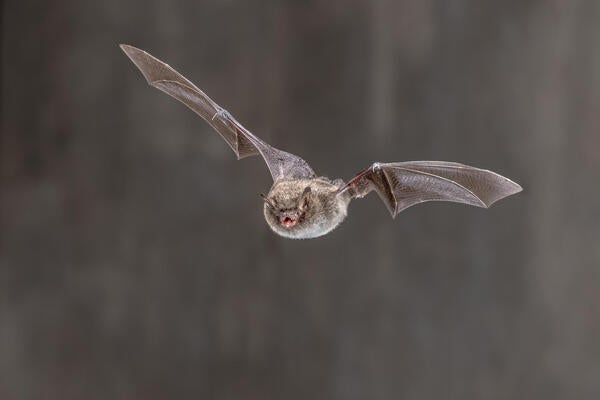
Understanding our impact on Canada’s ecosystems
From the Great Lakes to the Arctic, researchers are working to prevent and mitigate the effects of climate change

From the Great Lakes to the Arctic, researchers are working to prevent and mitigate the effects of climate change
By Quinn Abram (BSc ’16, MSc ’19) AlumnusIn spite of a drop in emissions over the last few months, the impact of climate change on Canadians and our iconic landscape and wildlife is increasingly concerning. Melting sea ice still endangers species like the polar bear, which depends on the ice for survival. Environmental disasters like the wildfires that decimated Fort McMurray, Alta. in 2016 will only become more likely over time.
However, the future of our Canadian environment doesn’t have to be filled with doom. In addition to the steps individual Canadians and industries are taking to reduce climate change, the research community at the University of Waterloo and other institutions across Canada are working to mitigate its impacts on our environment.
 During my graduate studies, I investigated how fish immune systems would be affected during extreme cold snaps, which are expected to occur more often as a consequence of climate change. I found that immune responses were delayed or completely impaired after exposure to cold temperatures, suggesting that fish might not be able to respond to viruses effectively during these periods.
During my graduate studies, I investigated how fish immune systems would be affected during extreme cold snaps, which are expected to occur more often as a consequence of climate change. I found that immune responses were delayed or completely impaired after exposure to cold temperatures, suggesting that fish might not be able to respond to viruses effectively during these periods.
Meanwhile, my colleagues in the lab worked on supporting fish stocks that better respond to infection at the higher temperatures more commonly associated with climate change. This research has proven to be valuable in conservation efforts from the Great Lakes to the Arctic.
Of course, biologists aren’t the only ones confronting the challenges faced by our environment. Researchers from across the University study this complex issue. Last year, Waterloo joined more than 20 other institutions to form the Pan-Canadian Expert Collaboration, which explores how we can adapt to a changing climate.

Today, I’m exploring the transmission of Zika virus in mosquitos — a subject that ties our environment to human health. It’s another example of our connection to the world around us, and the importance of observing and engaging with our ecosystems.
As Canadians, with the help of our research community, we can take the lead on preventing further climate change and limiting its impacts, ensuring that the worst outcomes never to come to pass.

Dr. Travis Craddock, professor and Canada Research Chair, says the team's findings change our basic knowledge of biology (University of Waterloo).
Read more
New study reveals quantum-level effects in biology with major implications for treatment of some brain diseases

ESO 137-001, a jellyfish galaxy like the one recently observed by astrophysicists at the University of Waterloo. (Credit: NASA, ESA)
Read more
New astronomical find is 8.5 billion years old and reshapes our understanding of early cosmic evolution

The photo shows a European bat species affected by White-nose Syndrome.
Read more
Study highlights the biological mechanisms behind a disease that has caused over 90 per cent declines in some bat species
The University of Waterloo acknowledges that much of our work takes place on the traditional territory of the Neutral, Anishinaabeg, and Haudenosaunee peoples. Our main campus is situated on the Haldimand Tract, the land granted to the Six Nations that includes six miles on each side of the Grand River. Our active work toward reconciliation takes place across our campuses through research, learning, teaching, and community building, and is co-ordinated within the Office of Indigenous Relations.